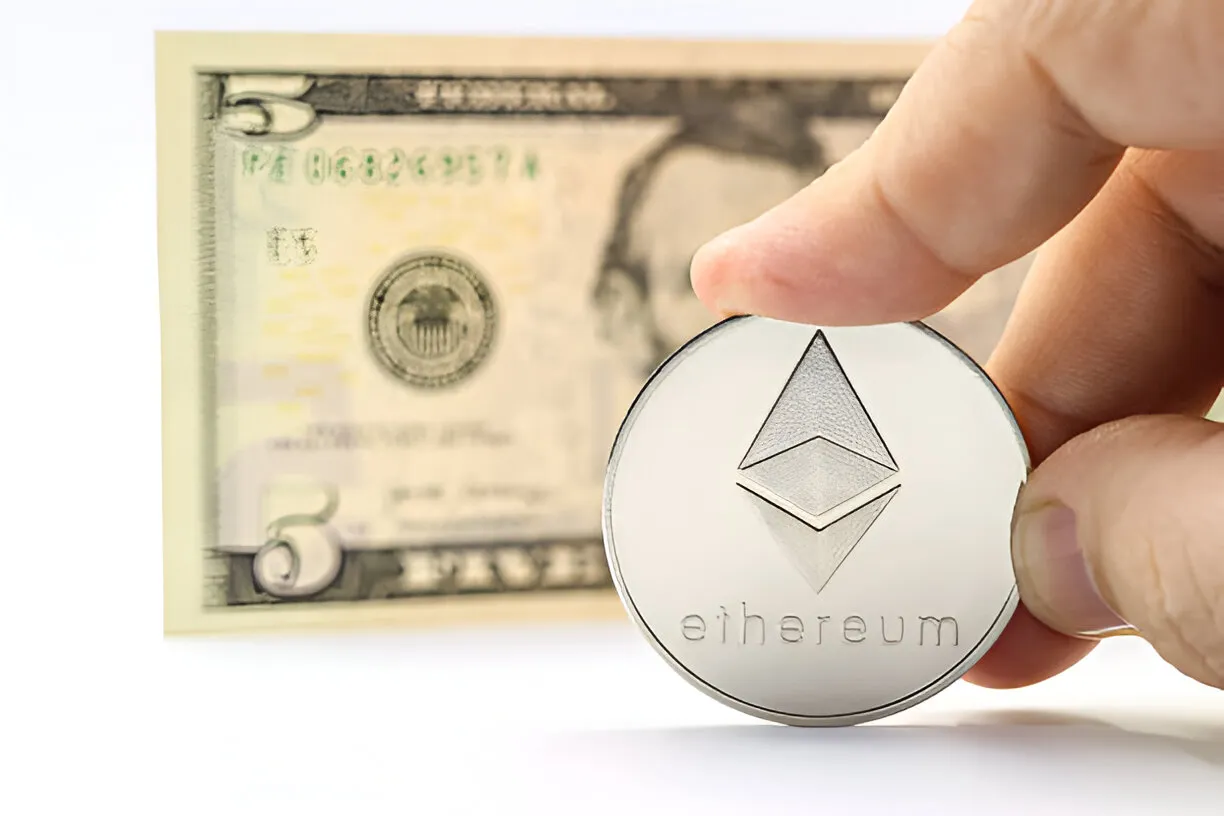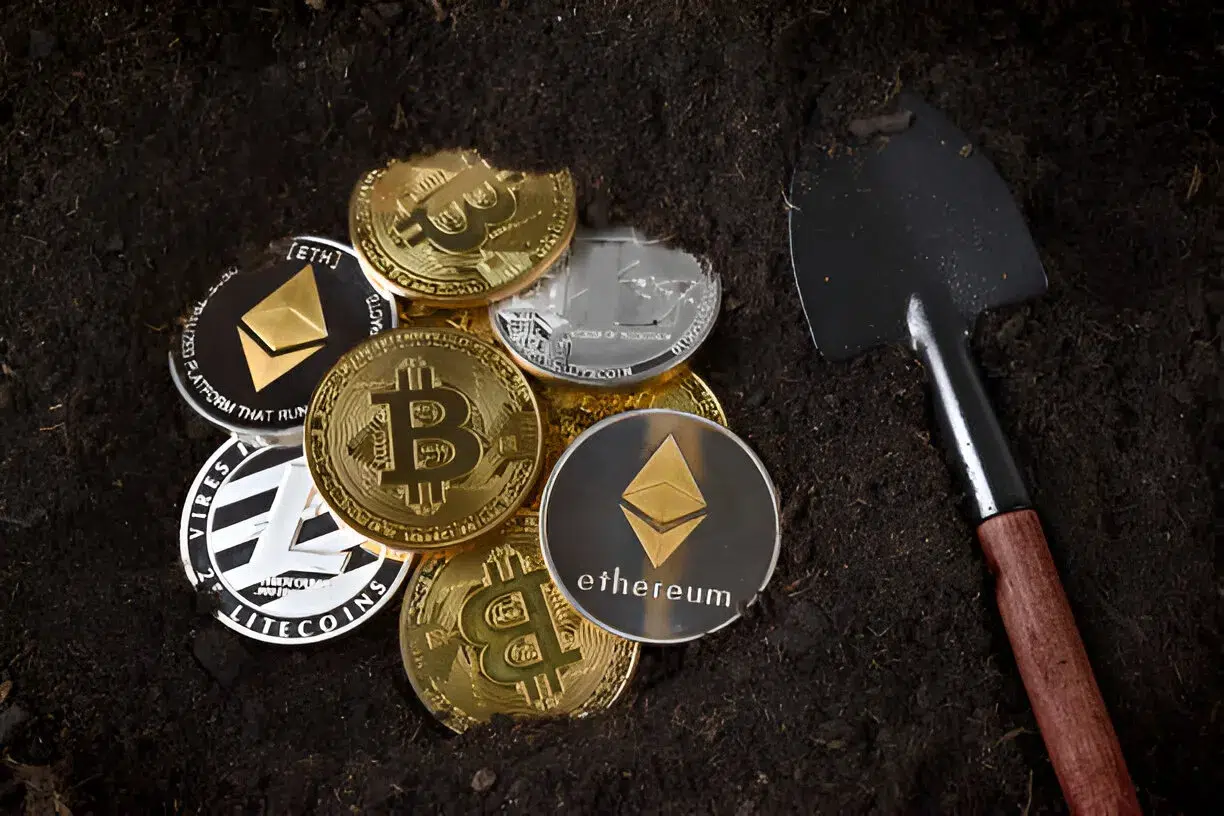The phrase “SEC Ethereum” has been making headlines lately. Whether you’re an experienced crypto enthusiast or someone just starting to learn about digital assets, you’ve likely come across this term. But what does it actually mean? Why is it such a big deal? In this article, we’ll break everything down clearly and simply, so that anyone regardless of age or background can understand what’s going on.
Let’s take a closer look at the ongoing situation between the U.S. Securities and Exchange Commission (SEC) and Ethereum.
What Is the SEC, and What Does It Do?
To begin with, the SEC stands for the U.S. Securities and Exchange Commission. It’s a federal agency tasked with overseeing the financial markets in the United States.
Here’s what the SEC is responsible for:
-
Protecting investors from fraud and manipulation.
-
Ensuring companies provide accurate and transparent information.
-
Regulating investment products including traditional securities and potentially crypto assets.
When people talk about “SEC Ethereum,” they’re referring to the SEC’s efforts to determine whether Ethereum, one of the most widely used cryptocurrencies, should be regulated like a traditional security (such as a stock or bond).
And that’s where the controversy begins.
What Exactly Is Ethereum?
Before diving further into the SEC’s concerns, it’s helpful to understand what Ethereum is.
Ethereum is a decentralized blockchain platform that enables people to create and run digital applications, often without the need for a central authority. Its native currency is called ETH, which is used to pay for transactions and services on the Ethereum network.
Here’s what you can do with Ethereum:
-
Buy and sell goods or services using ETH.
-
Build decentralized apps (dApps).
-
Create and trade non-fungible tokens (NFTs).
-
Execute smart contracts code that performs actions automatically when certain conditions are met.
In short, Ethereum is much more than just digital money. It’s a robust platform powering a wide range of tools, products, and innovations across the crypto ecosystem.
So when regulators examine “SEC Ethereum,” they’re evaluating an entire system, not just a single cryptocurrency.
Why Is the SEC Interested in Ethereum?
The SEC’s primary concern is whether Ethereum qualifies as a security under U.S. law.
A “security,” in simple terms, is an investment that people buy with the expectation of making a profit, often due to the work of others. Stocks in companies like Apple or Tesla are classic examples of securities.
The SEC is now asking: Is ETH similar to a stock? If so, it should follow the same strict regulations.
Many in the crypto community strongly disagree. They argue that ETH is more like a digital utility or form of payment, rather than an investment contract.
This debate whether Ethereum is a security or not is at the heart of the SEC Ethereum discussion.
Why Does It Matter If Ethereum Is a Security?
If the SEC officially declares Ethereum a security, the consequences could be significant:
-
Crypto exchanges would need special licenses to allow trading of ETH in the U.S.
-
Everyday users might face more restrictions and compliance hurdles.
-
Developers building on Ethereum could encounter legal challenges.
-
Ethereum’s growth and adoption could slow due to increased regulation.
Conversely, if Ethereum is not considered a security, it would likely continue on its current path open, decentralized, and widely accessible.
That’s why so many people are paying close attention to SEC Ethereum developments. The outcome could reshape the future of Ethereum in the U.S. and beyond.
What Has the SEC Said About Ethereum So Far?
The SEC’s stance on Ethereum has evolved over time, and it hasn’t always been clear.
Here’s a brief timeline:
-
In 2018, a senior SEC official stated that ETH did not appear to be a security.
-
In later years, however, the SEC revisited the question. Some reports suggested the agency was reconsidering its earlier position.
-
Between 2023 and 2024, several lawsuits and Congressional inquiries focused on Ethereum’s regulatory classification.
-
Lawmakers asked the SEC to clarify its view on ETH, but no definitive answer was given.
-
As of 2025, the debate continues. The SEC has yet to make a formal announcement, keeping Ethereum in regulatory limbo.
So for now, SEC Ethereum remains an unresolved issue but one that’s attracting global attention.
How Could This Impact Everyday Users?
If you’re a regular person using Ethereum to trade crypto, play blockchain-based games, or explore NFTs you might wonder how any of this affects you.
Here’s what could happen depending on how things unfold:
-
If ETH is classified as a security, you may not be able to access it through popular platforms without going through additional identity checks and legal hoops.
-
Decentralized apps built on Ethereum could face regulatory challenges or even be shut down in certain regions.
-
The price of ETH might fluctuate dramatically based on new rules or court decisions.
-
Innovations in the Ethereum space could slow due to legal uncertainty.
In short, SEC Ethereum isn’t just a technical or legal debate it could have a real impact on how people use and experience the crypto ecosystem.
What Is the Crypto Community Saying?
Opinions are divided within the cryptocurrency world.
Some believe Ethereum should be considered a security:
-
ETH has value, and many people buy it hoping its price will rise.
-
Major organizations (like the Ethereum Foundation) influence its direction and development.
Others insist ETH is not a security:
-
The Ethereum network is decentralized and maintained by a global community.
-
It serves a functional role like fuel for running apps not just an investment.
-
Users don’t need a central authority to interact with Ethereum’s tools.
From YouTube creators to legal experts to blockchain developers, discussions about SEC Ethereum continue to stir passionate debate. You’ll find hot takes across platforms like Twitter (X), Reddit, and crypto-focused news sites.
Could Ethereum Be Both a Security and Not a Security?
Interestingly, some suggest Ethereum’s classification might not be so black and white.
Here’s one theory:
-
When Ethereum launched in 2015, it held a token sale (often called an ICO) where people bought ETH with the hope it would increase in value. At that time, ETH might have fit the legal definition of a security.
-
Since then, Ethereum has evolved. It now operates on a proof-of-stake system, is more decentralized, and has a much broader use case beyond speculation.
So, some argue Ethereum may have started as a security but no longer is one.
This possibility adds even more complexity to the SEC Ethereum debate.
What Happens If the SEC Acts Against Ethereum?
If the SEC officially declares Ethereum a security and takes enforcement action, here’s what might happen:
-
Major U.S. exchanges could delist ETH to avoid legal consequences.
-
American developers might pause or halt Ethereum-related projects.
-
ETH’s price could drop temporarily due to uncertainty and market fear.
-
Competing blockchains like Solana or Avalanche might attract more users and developers.
-
A lengthy court battle could ensue, setting legal precedents for other cryptocurrencies.
In short, such a move would be disruptive. But it might also push the crypto industry toward clearer rules, better compliance, and long-term stability.
That’s why SEC Ethereum isn’t just a bureaucratic issue it’s a pivotal moment for digital finance.
What Can You Do?
Even if you’re not a developer or investor, there are still things you can do to stay engaged and protected:
-
Stay informed: Follow trusted news sources, YouTubers, or crypto educators who break things down clearly.
-
Use secure wallets: If centralized platforms limit ETH access, having your own wallet ensures you retain control.
-
Learn the fundamentals: Understanding how Ethereum works makes you less vulnerable to misinformation.
-
Remain calm: The crypto market is always changing. Knee-jerk reactions rarely help.
-
Get involved: Some people write to lawmakers or support advocacy groups working for fair crypto regulations.
The SEC Ethereum decision will impact everyone using or building on the Ethereum network. Your awareness and engagement matter more than you might think.
What If the SEC Declares Ethereum Is NOT a Security?
On the other hand, if the SEC eventually says Ethereum is not a security, it could be a game-changing moment for the crypto space:
-
ETH’s price could rise significantly due to renewed confidence.
-
More institutional players (banks, investment firms, major brands) might adopt Ethereum technology.
-
Legal clarity could speed up development and attract innovation.
-
U.S. users and companies could re-engage with Ethereum more freely.
-
Other cryptocurrencies could benefit from the precedent set.
A positive ruling could turn the SEC Ethereum debate into a victory celebration for the broader blockchain world.
So, What’s Next for SEC Ethereum?
The future of SEC Ethereum remains uncertain. But one thing is clear: the outcome will have lasting effects on the digital economy.
Here’s what we do know:
-
Ethereum continues to lead as a smart contract platform, supporting countless apps, tokens, and projects.
-
Developers and users still believe in its potential, even amid regulatory uncertainty.
-
The crypto community is actively pushing back with education, advocacy, and facts.
-
Regulatory frameworks are coming, and how Ethereum is classified could set the tone for everything that follows.
While no one can predict exactly what will happen, we’re inching closer to clarity each day.
Final Thoughts
The SEC Ethereum issue may sound complex, but at its core, it’s a fundamental question: Is Ethereum an investment product like a stock, or is it a digital utility powering the internet of the future?
Whichever way regulators decide, the decision will shape how we interact with crypto from casual users to developers to global institutions.
So whether you’re trading ETH, exploring NFTs, or simply curious about how digital finance works, this matters.
Stay informed. Stay empowered.
Because understanding SEC Ethereum isn’t just smart it’s essential for anyone who believes in the future of blockchain technology.













